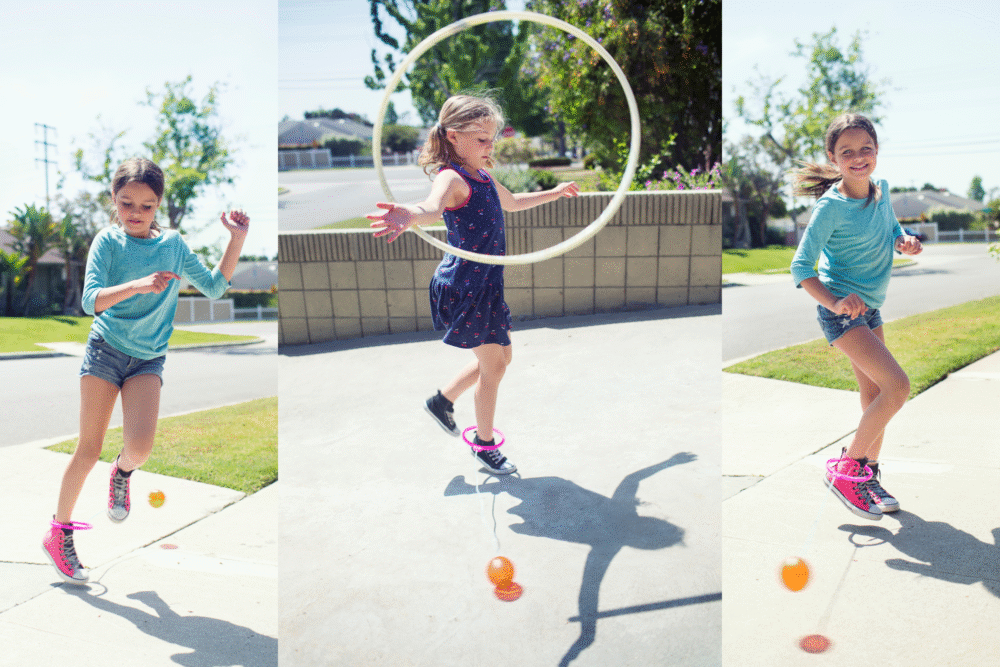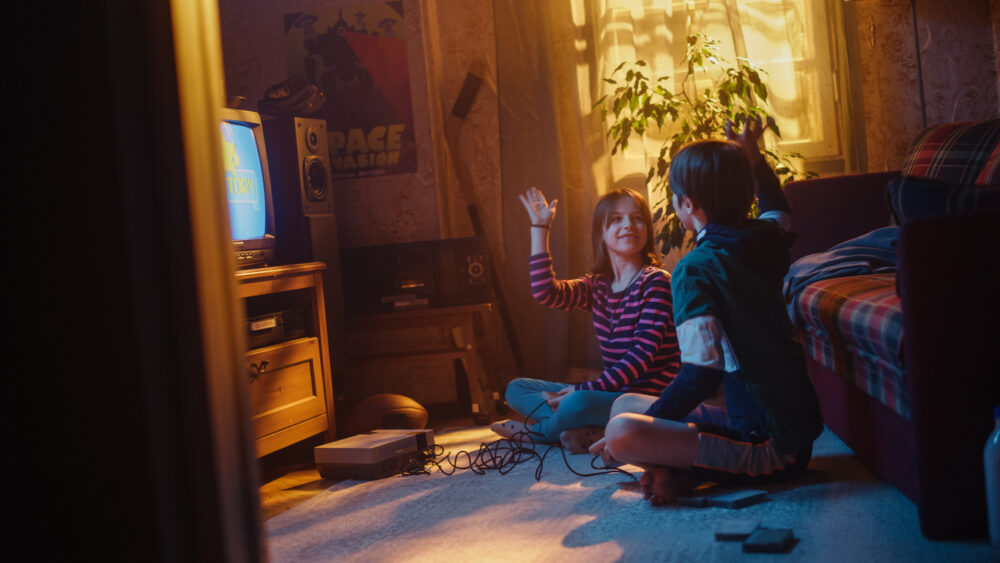Health class didn’t warn them about this part of adulthood.

The sudden surge in obesity among Gen Z isn’t just about fast food or skipping gym class. It’s a complicated cocktail of stress, economy, tech, and culture that’s quietly reshaping an entire generation’s health trajectory. They’re not simply making poor choices—many of them feel like they have no good choices to begin with.
Behind the TikToks and plant-based snacks, there’s a deeper, less glamorous story about what it means to grow up in an era of screens, burnout, and unrelenting pressure. Here’s what’s really fueling the spike in Gen Z obesity—and why it’s not just about willpower.







